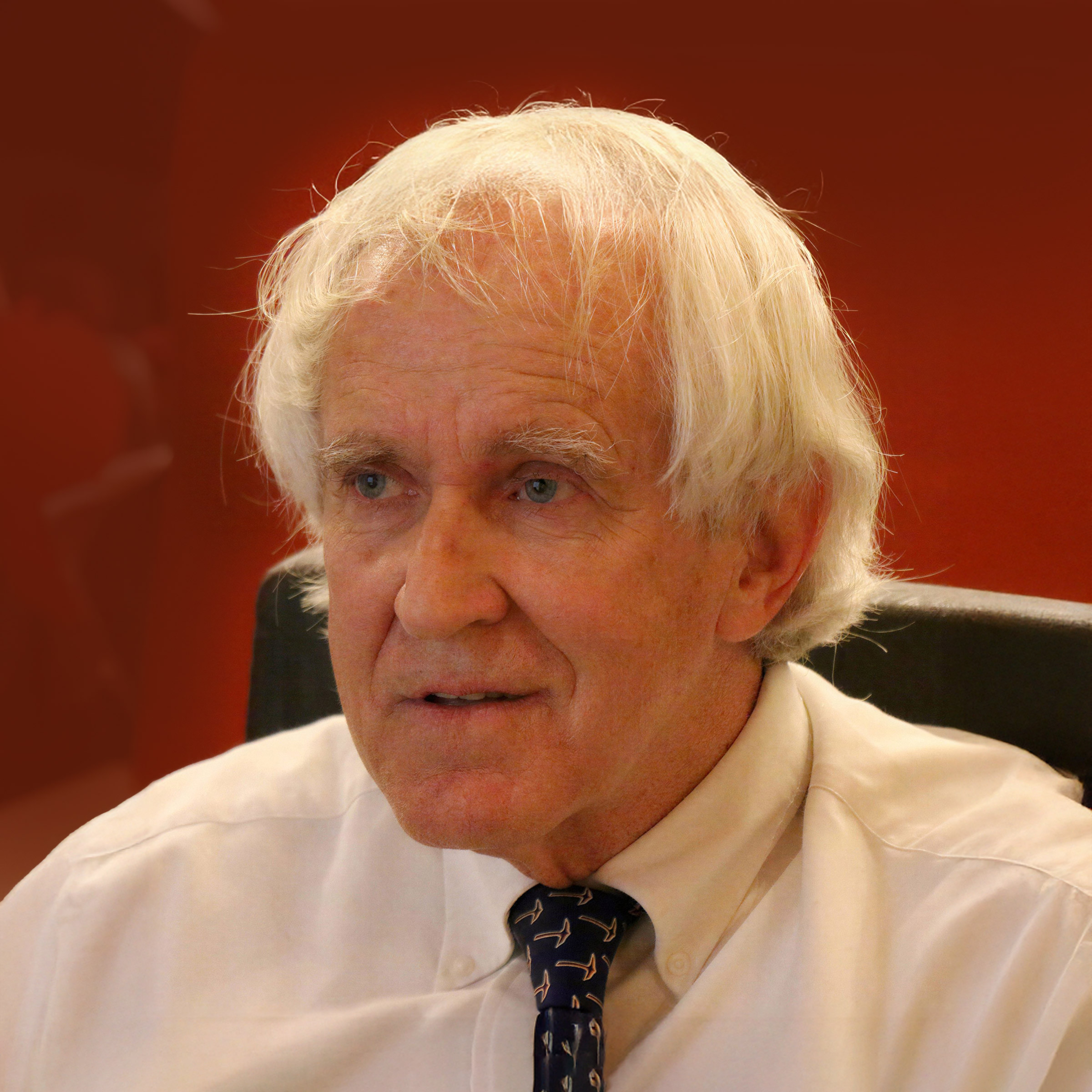Did meaning and purpose arise from a bottom-up Darwinian process to give us an evolutionary advantage? Or is the universe infused with meaning and purpose for a deeper reason than survival? On a new episode of ID the Future, Dr. Emily Reeves and I explore whether meaning and purpose can emerge from an unguided evolutionary process. We also discuss the machine metaphor in biology and how it can help us understand and explain living systems.
Reeves is responding to arguments made by science writer Philip Ball in his 2023 book How Life Works: A User’s Guide to the New Biology. Ball suggests that using the metaphor of a machine to describe features of life at the cellular level is inadequate because it doesn’t explain key aspects of life, such as meaning and purpose. Make no mistake — Ball is no advocate of intelligent design. He contends that meaning is generated from the bottom up in a Darwinian world. But in order for meaning and purpose to survive in a Darwinian process, it would have to offer a clear, selectable advantage. Reeves critiques Ball’s position by looking at the top sources of meaning in life, including religion, relationships, and work, and evaluating the evolutionary view of each. Download the podcast or listen to it here.
Dig Deeper
- Read the article by Dr. Reeves that inspired this conversation!
- The universe is charged with meaning and purpose. Is it an evolutionary fluke or a hallmark of design? Listen to Dr. Jonathan Witt discuss the topic.









































